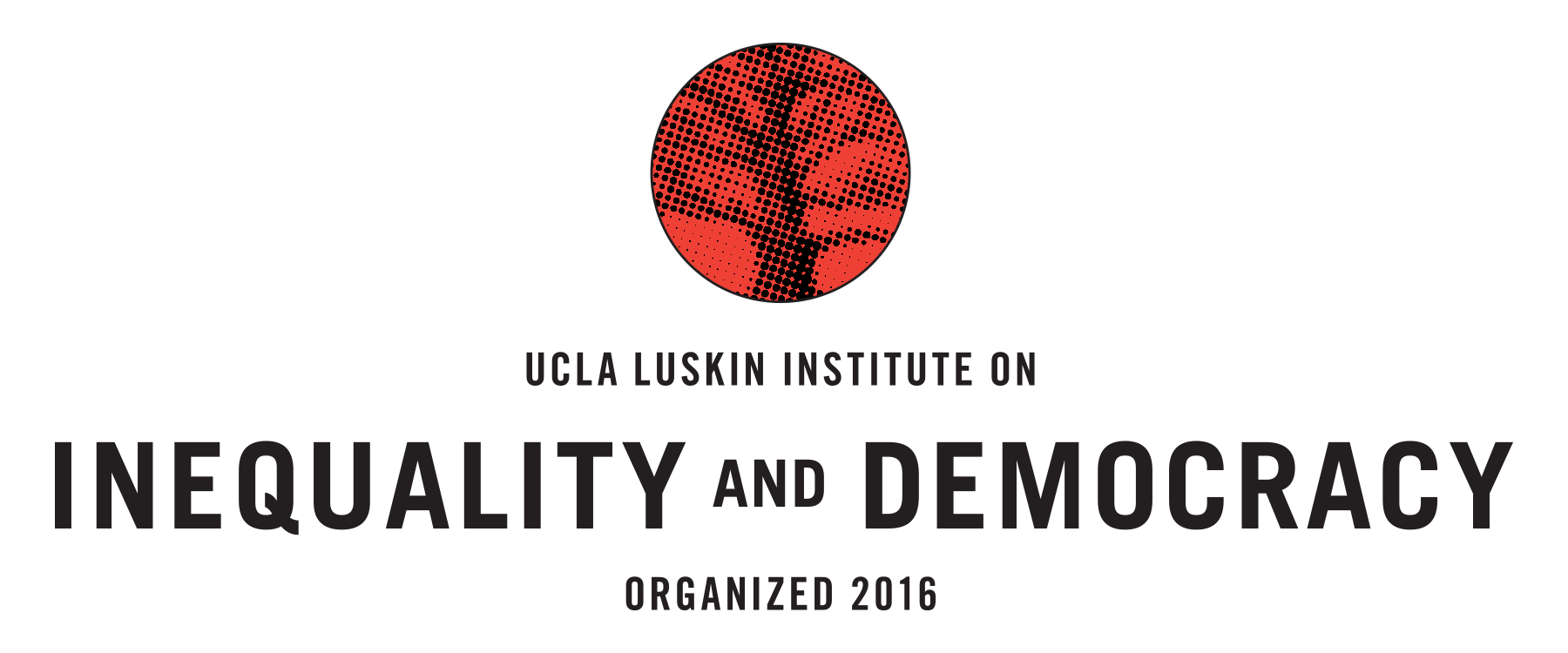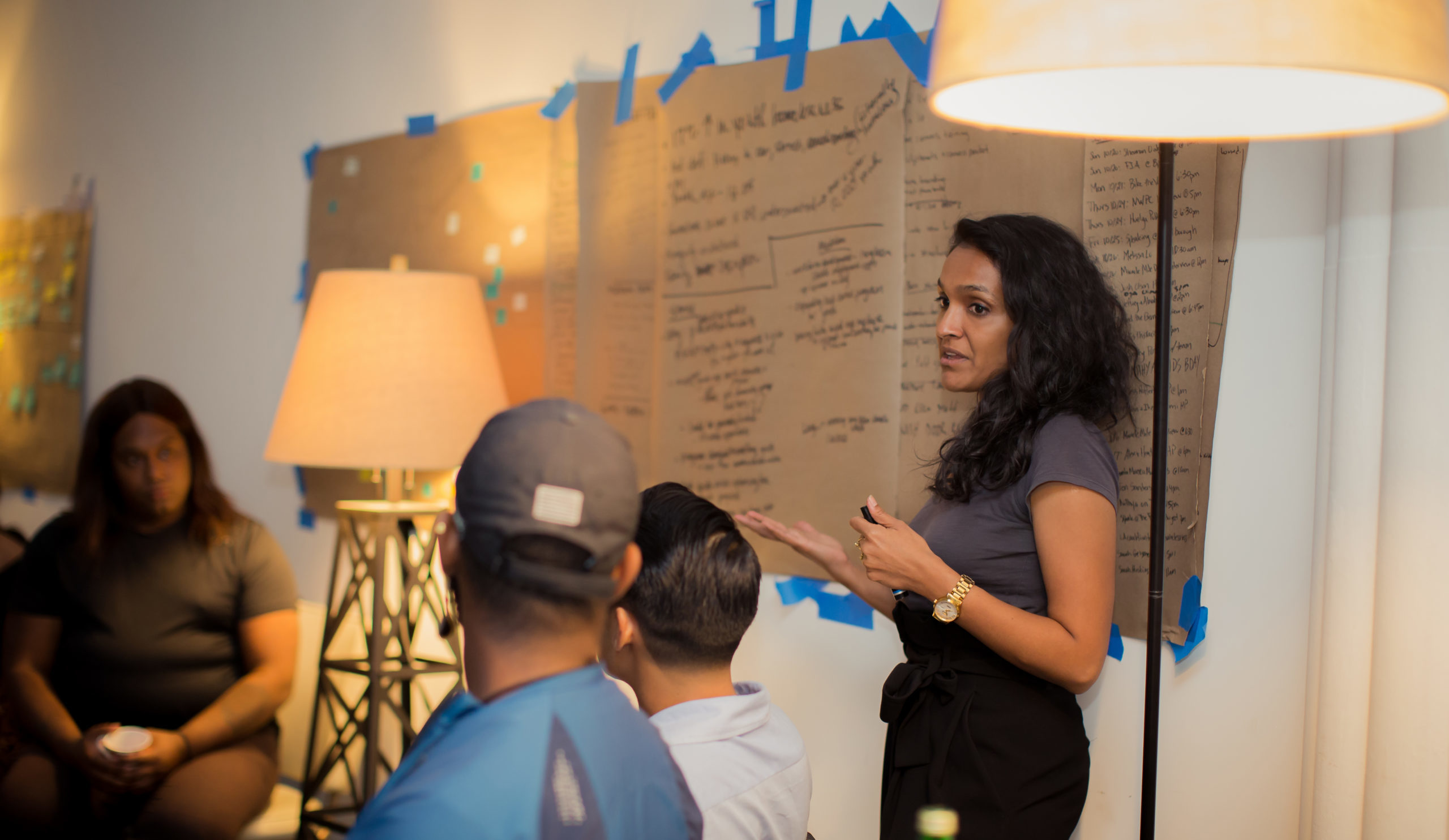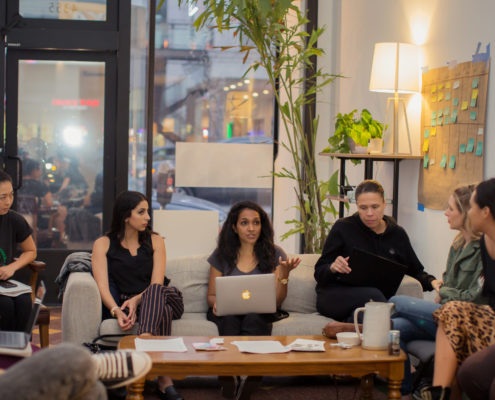Interview with Nithya Raman
Candidate for Los Angeles City Council District 4
By Spike Friedman
Los Angeles has spent much of the past century serving as a punching bag for critical Urban Planners. And rightly so: the city gambled and lost on building its transit infrastructure around the automobile, while failing to provide shelter for far too many of its residents.
Nithya Raman, candidate for Los Angeles City Council in District 4 is aiming to upend these trends. An Urban Planner by trade with experience working on urban poverty and gender equality issues both in Los Angeles and in India, Raman is the rare political candidate with practical experience dealing with the crises that Los Angeles has long been mired in. She also comes from an organizing background; rather than simply self-selecting into politics, her call to service has come at the behest of community groups hoping she can leverage her experience to make Los Angeles a better place for all of its residents.
I am a member of UCLA Luskin Institute on Inequality and Democracy student advisory board. The Institute has at its core a mission focused on housing justice, and policing. Raman is the rare City Council candidate in Los Angeles who will take these issues on with the goal of systemic transformation. Further, she does so drawing from her experience doing the sort of cross-class organizing in the Global South that is central to the Institute’s work. I sat down with Raman at her Koreatown campaign office in January to discuss her background in planning, and what makes her approach distinct from Los Angeles’ governing status quo.
Urban poverty issues have been at the center of Raman’s work throughout her career. Her background includes supporting cross-class organizing efforts in Delhi to prevent slum evictions, along with working at the nexus point of environmental disaster, poverty and class in working with the community affected by the legacy and aftermath of the Bhopal gas leak. Looking at trends from years after the leak occurred, it was clear to Raman what disasters like this truly represented. “There was a much higher death rate for years after,” explained Raman, “it is a powerful illustration is punished.” Since she has been in Los Angeles, she has authored reports for the Mayor’s Office on how homelessness is being addressed, while also working as the executive director of Time’s Up Entertainment, an advocacy organization focused on gender equality in the entertainment industry.
In setting these priorities, Raman takes a stance that should not be radical, but within the context of Los Angeles’ local politics is: challenging the status quo on behalf of the least wealthy. “Homelessness is different than slum dwelling,” articulates Raman, “but it presents the opportunity to ask the same question: how can we make cities more just?” This is an inversion of the typical approach to whose voice is centered in Los Angeles, a city where the wealthy get exceptions made on their behalf while the poorest are criminalized by one of the world’s most violent police forces. As such, Raman has the potential to be part of a countervailing power that Los Angeles desperately needs in this moment.
Raman also views her campaign as an opportunity for civic education. Her campaign cites the massive influence Los Angeles City Councilmembers have when compared to the amount of people who elect them. The incumbent in Council District 4, David Ryu who ran as outsider last campaign cycle, emerged from his primary in 2015 with only 3,634 votes in a district with over 250,000 residents. That will change this election as Los Angeles has reoriented its local elections to coincide with federal elections. In this shifting landscape, the questions becomes if Los Angeles is interested in upending the existing power structure. If so, it has the opportunity to empower an Urban Planner, and maybe change its reputation as an unplanned city in the process.





